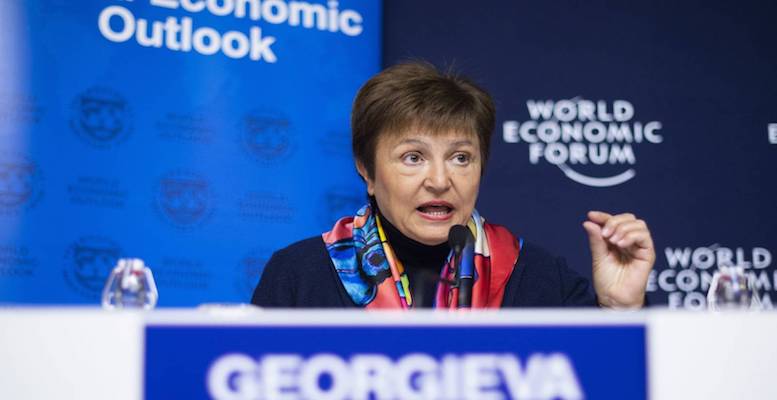It will take us Spaniards six years to get back to where we were in 2019. After the latest slowdown in growth, the International Monetary Fund (IMF) has revised its forecasts for world GDP per capita. And the result is that, of the 24 countries that make up what the organisation calls ‘advanced economies’, 23 are going to recover their pre-covid-19 standard of living before Spain.
Some, such as the United States, the Netherlands, the Baltic republics and Slovenia, already achieved this last year. Most of them will do so this year. France remains at the back of the pack, for next year. And then, by 2025, there is the ‘broom car’: Canada and Spain. These two countries will have taken six years to recover their pre-pandemic income levels.
Even in that category, Spain loses out. The IMF estimates that Spanish GDP per capita in 2025 will be 2.06% higher than in 2019. That of the Canadians, with whom we are competing for the last place, will be 3.72% higher. In other words: after a tough ‘sprint’, Spain manages to be the advanced economy with the slowest post-pandemic recovery. Of the approximately 1.066 billion people living in what the IMF calls ‘advanced economies’, 1.019 billion are emerging from the pandemic-triggered crisis faster than the Spanish. The other 95.6% are ahead of us.
Even in the developing world there are very few countries that are recovering as slowly as Spain. In economies as different as Mexico or Mali, which are emerging from the crisis very slowly, citizens will recover their pre-pandemic standard of living sooner than Spain. That said, it is true that in emerging and developing countries the value of national currencies varies greatly depending on the exchange rate, which makes comparisons more complicated.





